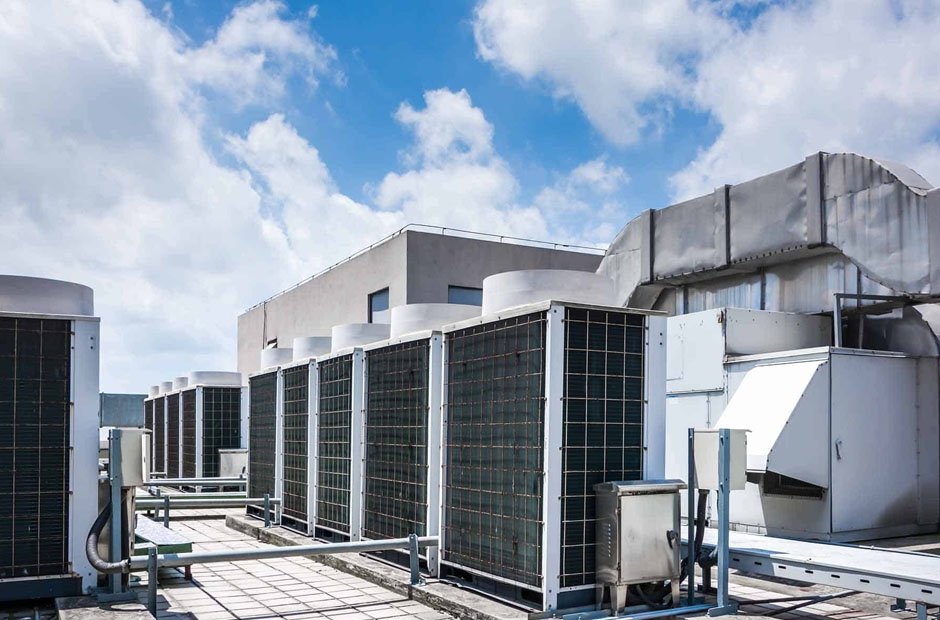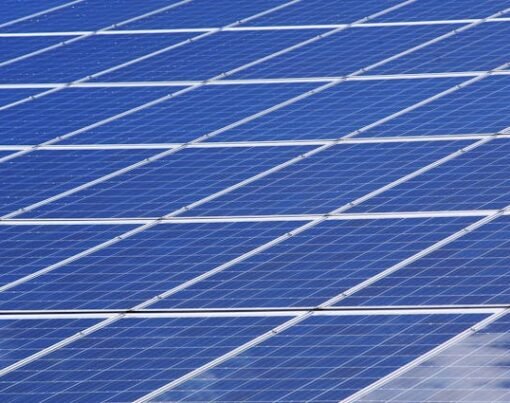Energy efficiency is becoming increasingly important for homeowners and businesses as energy costs rise and environmental concerns grow. Heating, ventilation, and air conditioning (HVAC) systems significantly affect a building’s overall energy consumption. Upgrading energy-efficient HVAC systems can lead to substantial cost savings, improved comfort, and a reduced environmental footprint. We will explore the benefits of energy-efficient HVAC systems and the various options. Understanding these aspects will help property owners make informed decisions and contribute to a more sustainable future.
Table of Contents
Benefits of Energy-Efficient HVAC Systems
Investing in energy-efficient HVAC systems offers numerous benefits. One of the most significant advantages is cost savings. Energy-efficient systems consume less power to heat and cool a space, lowering utility bills. Over time, the savings on energy costs can offset the initial investment in an energy-efficient system. This makes such systems a financially smart choice for homeowners and businesses looking to reduce operating expenses.
Another key benefit is improved indoor comfort. Energy-efficient HVAC systems are designed to provide consistent and precise temperature control, enhancing the overall comfort of indoor environments. These systems often feature advanced technologies such as variable-speed motors and smart thermostats, allowing better control over temperature settings and humidity levels. This results in a more comfortable living or working environment, with fewer temperature fluctuations and improved air quality.
Energy-efficient HVAC systems also have a positive impact on the environment. These systems reduce greenhouse gas emissions and reliance on fossil fuels by consuming less energy. This contributes to lower carbon footprints and supports efforts to combat climate change. Additionally, many energy-efficient HVAC systems use eco-friendly refrigerants that have a reduced impact on the ozone layer compared to traditional refrigerants, further enhancing their environmental benefits.
Furthermore, energy-efficient HVAC systems often have a longer lifespan and require less maintenance than older, less efficient models. Advanced technologies and higher-quality components make these systems more reliable and durable. This means fewer repairs and replacements, leading to additional cost savings and reduced disruption to daily life or business operations.
Options for Energy-Efficient HVAC Systems
Those looking to upgrade to energy-efficient HVAC systems have several options available. Each option offers unique features and benefits, allowing property owners to choose the system that best meets their needs and preferences.
One popular option is the high-efficiency furnace. These furnaces use advanced combustion technology to extract more heat from their fuel, resulting in higher energy efficiency. High-efficiency furnaces often have an Annual Fuel Utilization Efficiency (AFUE) rating of 90% or higher, meaning they convert 90% of the fuel into heat. This makes them an excellent choice for homeowners looking to reduce their heating costs during the colder months.
Heat pumps are another energy-efficient HVAC option. Unlike traditional heating systems that generate heat, heat pumps transfer heat from one place to another. During the winter, they extract heat from the outdoor air or ground and transfer it indoors. In the summer, the process is reversed to cool the indoor space. Heat pumps are highly efficient because they move heat rather than generate it and can provide heating and cooling in one system. This dual functionality makes heat pumps versatile and cost-effective for year-round comfort.
Ductless mini-split systems are also gaining popularity for their energy efficiency and flexibility. These systems consist of an outdoor unit and one or more indoor units connected by refrigerant lines. Each indoor unit can be controlled independently, allowing for zoned heating and cooling. This means different building areas can be set to different temperatures, reducing energy waste and improving comfort. Ductless mini-split systems are particularly useful for homes or buildings without existing ductwork, as they can be installed with minimal disruption.
Another option is the geothermal heat pump, which utilizes the stable temperatures of the earth to provide heating and cooling. Geothermal heat pumps are among the most efficient HVAC systems, as they take advantage of the relatively constant temperatures below the earth’s surface. These systems can achieve 300-600% efficiencies on the coldest winter nights, compared to 175-250% for air-source heat pumps on cool days. While the installation cost of geothermal systems can be high, the long-term energy savings and potential incentives make them a viable option for many property owners.
Key Considerations for Choosing an Energy-Efficient HVAC System
Several factors should be considered when selecting an energy-efficient HVAC system to ensure the best choice. One important consideration is the size of the system. An HVAC system that is too large or too small for the space intended to heat or cool will not operate efficiently. It is essential to have a professional perform a load calculation to determine the appropriate size for your system.
Another critical factor is the climate in your area. Certain HVAC systems perform better in specific climates. For example, heat pumps are highly efficient in moderate climates but may require supplemental heating in extremely cold regions. Understanding the climate-specific performance of different systems can help you choose the most effective option for your location.
Energy efficiency ratings are also crucial when selecting an HVAC system. Look for systems with high Seasonal Energy Efficiency Ratio (SEER) ratings for cooling and high Heating Seasonal Performance Factor (HSPF) ratings for heating. These ratings indicate the system’s efficiency, with higher numbers representing greater energy efficiency. Additionally, consider systems that have received Energy Star certification, as these have been independently verified to meet strict energy efficiency guidelines.
Installation quality is another important consideration. Even the most efficient HVAC system will only perform optimally if installed correctly. To ensure proper installation, it is essential to hire a qualified HVAC contractor with a good reputation. A professional installer can also provide valuable advice on system selection and maintenance.
Finally, the long-term costs and benefits of the HVAC system should be considered. While energy-efficient systems may have higher upfront costs, the long-term savings on energy bills and reduced maintenance expenses can make them more cost-effective over time. Additionally, many energy-efficient systems are eligible for rebates and incentives, which can help offset the initial investment.
Conclusion
Upgrading to an energy-efficient HVAC system offers numerous benefits, including cost savings, improved comfort, environmental benefits, and enhanced system reliability. Property owners can find a solution that meets their specific needs with various options available, such as high-efficiency furnaces, heat pumps, ductless mini-split systems, and geothermal heat pumps. By considering system size, climate, energy efficiency ratings, installation quality, and long-term costs, homeowners and businesses can make informed decisions contributing to a more sustainable and comfortable living or working environment. Prioritizing energy efficiency in HVAC systems is a smart investment that pays off in terms of financial savings and environmental impact.










